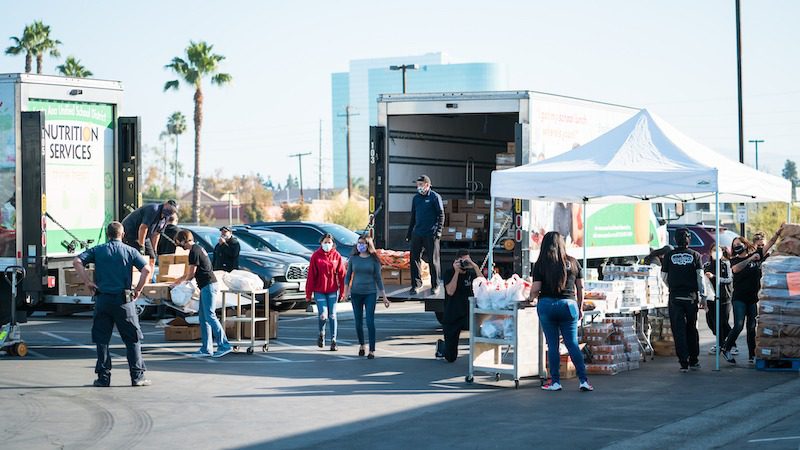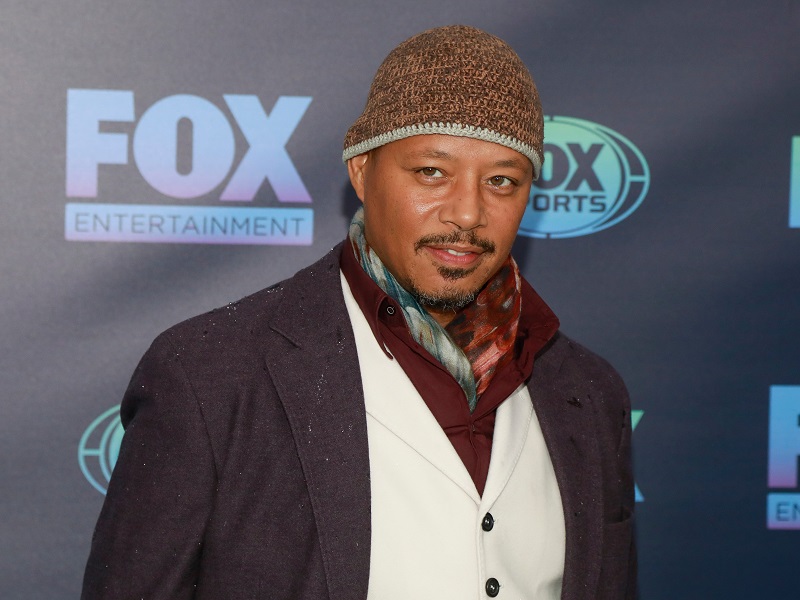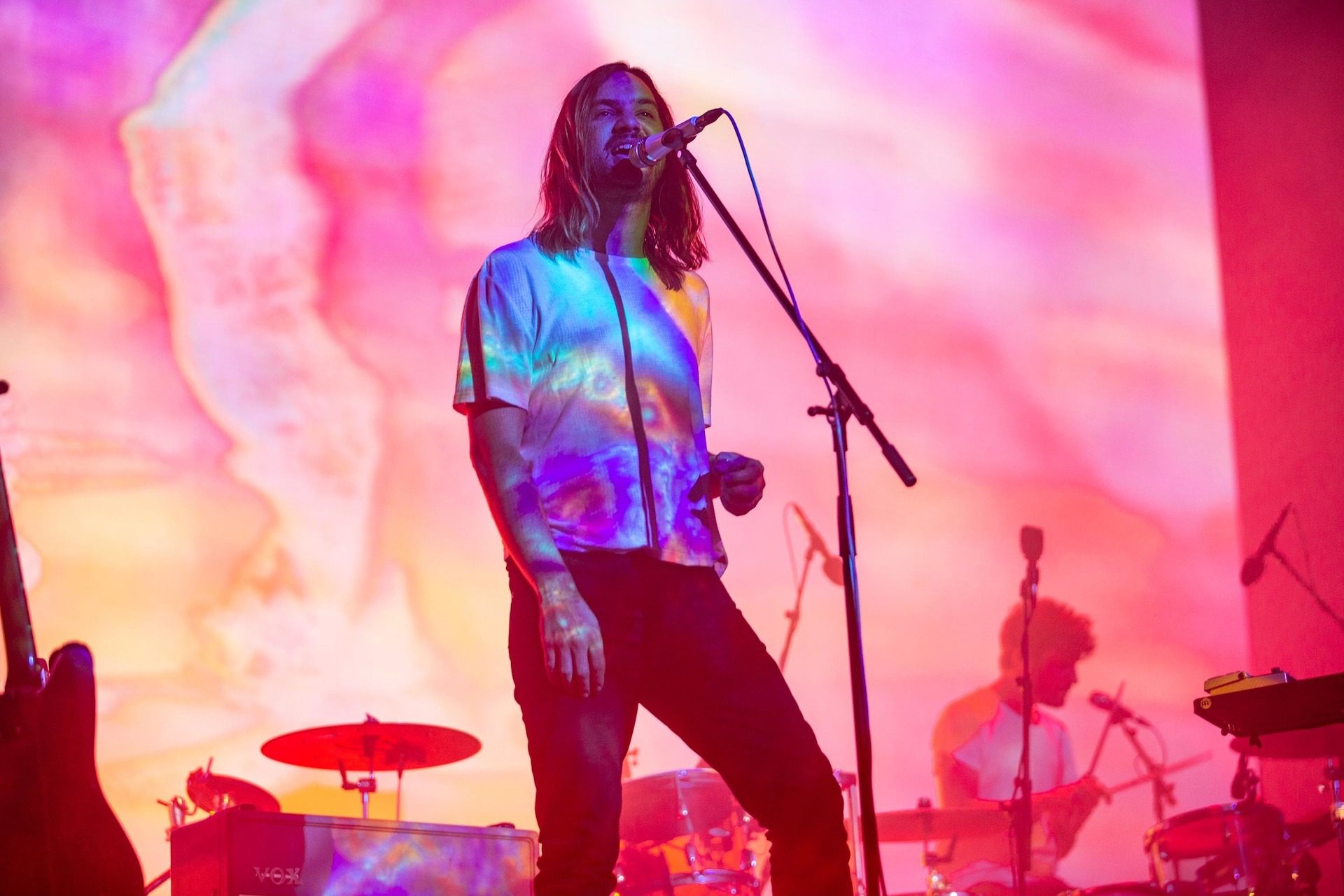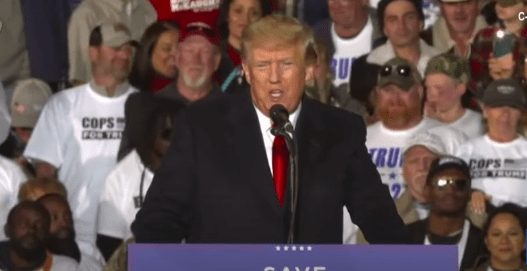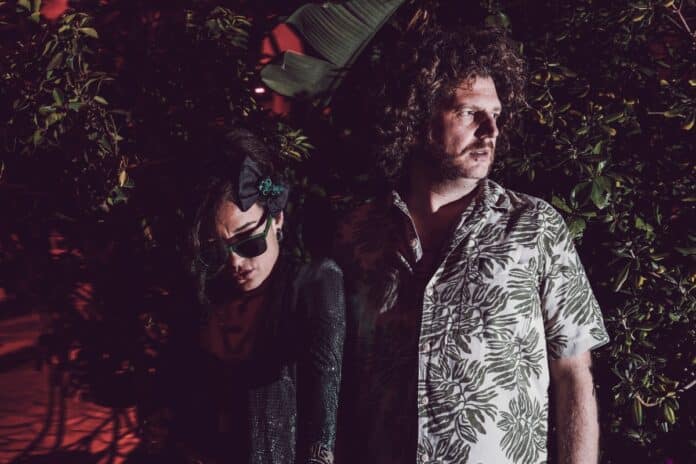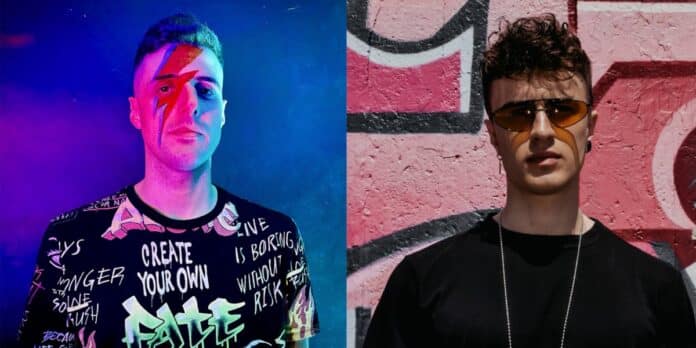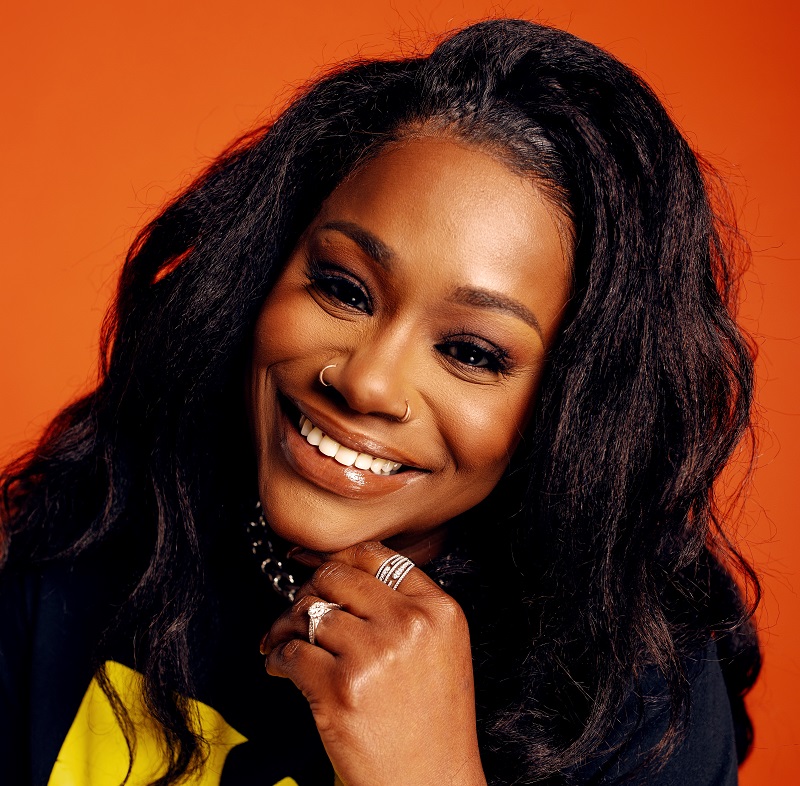
In a The Source exclusive interview, XTina Prince details her love for music and how she followed that passion to the passion of the General Manager of Raedio. Launched in 2019, Raedio has rapidly emerged as an industry trailblazer, serving artists and creators as an audio everywhere company.
Raedio’s multifaceted platform encompasses music labels, publishing, music supervision, podcasts, and more, making it a true powerhouse in the audio realm, heralded as a hub for developing culturally relevant, high-quality music & audio content.
The core ethos of Raedio revolves around nurturing talent and fostering a sense of community. With a dynamic roster of talent, the company takes a forward-thinking and holistic approach to aligning music and audio seamlessly with film, television projects, commercials, podcasts, and brands.
Advertisement
Through its parent company, HOORAE and sister company ColorCreative, Raedio benefits from a direct pipeline to film and TV development, digital content, and multi-hyphenate talent. This positioning allows for 360-degree integration across its platforms and services, setting RAEDIO apart as a comprehensive audio ecosystem.
Notably, the company recently launched its innovative podcast show, “The Scottie & Sylvia Show,” hosted by Scottie Beam and Sylvia Obell. The show, set to debut on July 6th, promises thought-provoking cultural discussions and captivating interviews with beloved celebrities, accessible on YouTube and all major streaming platforms.
Additionally, Raedio has entered into a multi-year partnership with Def Jam, setting up a new home for artists to sign and embark on a promising career, with the brand focusing on publishing, digital content, events, and more. “This partnership is exactly what we needed to expand and continue our mission to be a vessel and impactful resource for artists across the globe,” Prince said at the partnership’s announcement.
With a commitment to quality and innovation, XTina Prince shared insights into her journey in the music industry and her decision to join Raedio.
How did you get your start in the music industry?
I started as an aspiring artist (rapper). I knew as a teen that was what I was going to be. As I got older and realized what it would take and eventually accepted that I was meant for a different path. Creative flexibility is something I was not willing to sacrifice, and it was also very difficult to find trustworthy support. I evolved and started recording local artists in my home studio, where I discovered my passion for the business side. I developed a passion for providing the encouragement that I felt was lacking in the industry and extended that to up-and-coming artists. I got my first gig as an assistant to the President of Virgin Records, which was history from there.
I believe that everyone in music once wanted to be an artist. You have experience as a rapper, what originally drew you to creating music?
I loved to write and I love music. I was the kid in all of the plays and tripping people for the lead role. I knew early on that I wanted to be in entertainment, but when I heard MC Lyte’s “Cha Cha Cha,” I thought, “Oh! That’s what I want to do.” When I started writing raps, I cultivated a different type of attention. I wasn’t just a girl in the neighborhood anymore, I was someone who could write rap verses for all my friends, diss boys in the park, and pull up at comedy clubs and spit 16s. I loved the respect that I garnered.
What let you know that teaming with Hoorae/Raedio was the move for you?
I have always been committed to contributing to the culture through music. No matter where I worked, I planted my ears and feet firmly in the street. I was the executive complaining about lack of culture or artistic development all the time. I was trying to convince upper management to invest in both, but that’s hard to do in larger corporations that are accustomed to doing things the old way. I feel confident about my work in the building because it prepared me to be who I am as an executive. Being able to communicate and understand the business both strategically and creatively is an invaluable asset. In 2021, I was ready to leave the major label space to do my own thing, but I was introduced to the team at Raedio while collaborating on an artist. I didn’t know that there was a place that was so well aligned with my professional values until I met the team at Raedio. They restored my faith that a company like that existed and I thought, “I can be that.” Then Benoni Tagoe, President at Raedio told me to “be that here.” Best career decision I ever made.
It’s hard for artists to trust executives – what from your experiences have you noticed you wanted to offer them that may not have been available everywhere else?
Honesty. I believe that artists don’t trust some executives because they aren’t honest. I also think many executives find it difficult to be honest with some artists, whether creative, business, or financial. So that creates a relationship that lacks confidence and security on both ends. I want our company to lead with transparency. We don’t have to agree on all things, but as long as we are able to talk through things and have an open line of communication, we will know where we stand. Having that relationship holds space to make decisions that are best for all sides of the artist’s business and ultimately the best chances of success. Another experience that is important to me is ensuring that there is a balance between culture and commerce. It’s just as important to stay tapped into the ever-evolving cultural landscape as it is to earn income. That’s how we will consistently make decisions that empower the creative community in a way that does not negatively impact the growth of our business. So, investing time and money in artists early, offering opportunities outside of music to create ancillary opportunities for developing artists, activating programs, events and relationships (not just in the digital space but in the physical space with the understanding that tangible efforts are just as important as social media and streaming) are all important.
You also led the partnership company, The Blind Youth, what let you know that was an initiative you wanted to lead? With 500 million streams under your belt, what else do you see for the company?
Early in my career, I thought there was only one way to manage artists: through a traditional commission-based relationship. The problem is it leaves little incentive to work with artists who are just starting out because it takes significant money and time to get a new artist to a place where they are earning steady income and ROI. It’s an investment and sacrifice that isn’t often acknowledged. Think about it. You must be passionate and a little crazy to bet on someone else’s dream. When there is no guarantee of success, it’s a big risk. I knew I wanted to be an artist, but I didn’t have someone who would invest in my career with the same intensity as me when I was pursuing my dream. But I also understood the risk it would take from my experiences of investing time and money in an artist and it doesn’t work out. You have to protect yourself but also feel incentivized to fully commit. A great artist who is equally a great person understands it’s a partnership. If you are in it long-term, that’s the only way to truly see success in a climate where independence is the first major step. Being independent means being the label, the manager, the parent, the friend, the therapist, the business manager, the accountant and the marketer, among other things. That’s a lot to ask of someone with no long-term equity in your brand.


